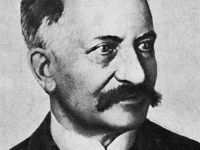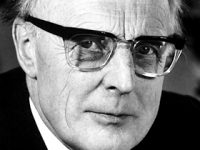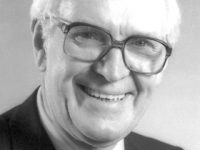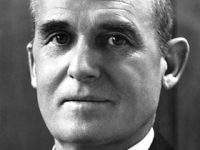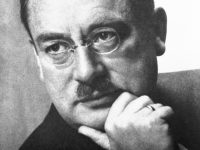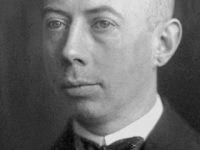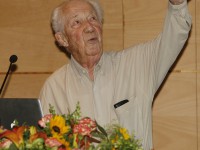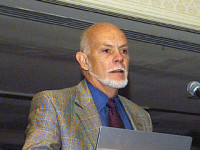Paul Walden and the Walden Inversion
On July 26, 1863, Russian and Latvian-German chemist Paul Walden was born. Walden is known for his work in stereochemistry and history of chemistry. In particular he invented the stereochemical reaction known as Walden inversion and synthesized the first room-temperature ionic liquid, ethylammonium nitrate. Born in Latvia among 13 Children Paul Walden was born in Rozula in present-day Stalbe parish, Pārgauja municipality, Latvia as the youngest of 13 children in a peasant…
Read more

